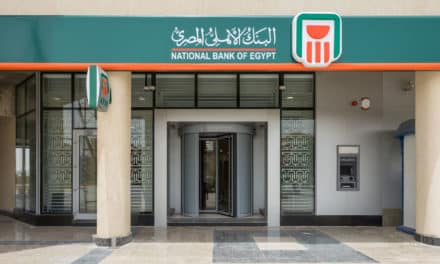During the last years, the term ‘millennial’ has been coined by many experts, publications and individuals. Most of them are considered to be a world citizen, but what do these definitions really mean?
Table of Contents
What is a Millennial?
Millennials, also known as Generation Y, are individuals that were born between the 1980s and the year 2000. The typical way to define a person that enters this category is by taking a look at their age, consuming habits, and their relationship with technology and communication. They also feel to be a world citizen.
Most of those individuals have been living the great recession as a very important and traumatic moment in their lives (2008/9). After it, finding a job in some countries has been very difficult. The Youth unemployment rates in Greece reached 60% between 2012 and 2013. In Italy, this number was close to 45% and in Spain 55% of the youngsters were unemployed. Other countries suffered similar spikes after the 2008 crisis.
Post Crisis
The crisis left a very bitter taste in the younger generations around the world. They were born in the best economic, political and social moment in history, and suddenly, everything gets destroyed. Here, the term world citizen became a more difficult thing to use.
This situation created citizens that tend to be reluctant to hear about politics, corporations, banks and other institutions. In general, the term ‘bureaucracy’ is related to politicians that did not suffer the effects of the crisis – which has been paid, later, by the people.
Millennials are very open people. They tend to have a more liberal way of thinking than previous generations (depending on the country). Indeed, gender equality, sexual rights, and more integration with the world are usually part of their beliefs.
What is a World Citizen?
Another important point to mark is that this generation is marked by the fact that their parents and them have not been involved in wars. Something that human beings are not used to. Humanity experienced more years of war than peace, and that marked these individuals in a very special way.
Germans and French are today friends rather than enemies, something that would not be possible to think about two or three generations ago.
South Koreans and Asians are travelling through Europe, making new friends in America, and drinking mate tea in South America. They recognize themselves as a world citizen.
Most of them only need a bag pack and a bottle of water to start discovering new places around the world. And all the things that they know, they apply them to their life.
Sharing pictures at all times on social networks, using applications like Uber to have a ride, or sleeping using Airbnb.
Global Currency?
New technologies play a key role here. Why would people that are culturally, socially and economically connected cannot share their experience using new means of payment? Why it is necessary to always exchange currencies, pay high fees and then receive another banknote? Most of them are just papers that have different colours and shapes.
It is possible to think about the new digital assets that we have seen expanding all over the world as a new way of paying, saving and interacting. A decentralized technology allowing people to be the real owners of their economic situation… after all the things that they lived, it is very attractive.
Jack Dorsey, Twitter CEO, believes that the world will ultimately be capable of having a global currency:
“The world ultimately will have a single currency; the internet will have a single currency.”
And that fits perfectly to what millennials are and how they relate. This is what a world citizen wants. A virtual currency that is able to solve the conflictive relationship between traditional financial institutions and youngers. A digital asset that is fast, secure and reliable; but most important, decentralized.
Would that be a reality one day? It is not possible to answer that question. But there are some recent developments that are worth taking a look at. A world citizen would closely follow these topics and try to understand them.





